Beyond Fame: 20 Celebrity Entrepreneurs Who Built Business Empires
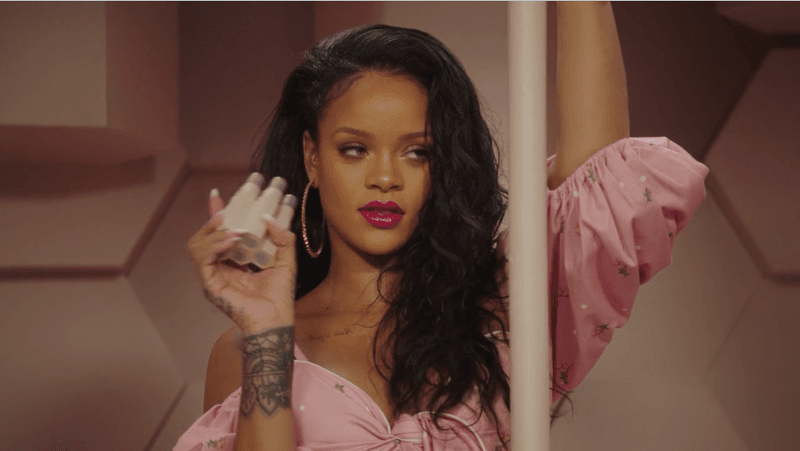
Celebrities often leverage their fame to create thriving businesses that extend far beyond their original claim to fame. These stars have transformed their personal brands into lucrative empires spanning fashion, beauty, tech, and more. Their business savvy proves they’re not just talented entertainers but shrewd entrepreneurs with an eye for opportunity.
1. Kim Kardashian’s Shapewear Empire
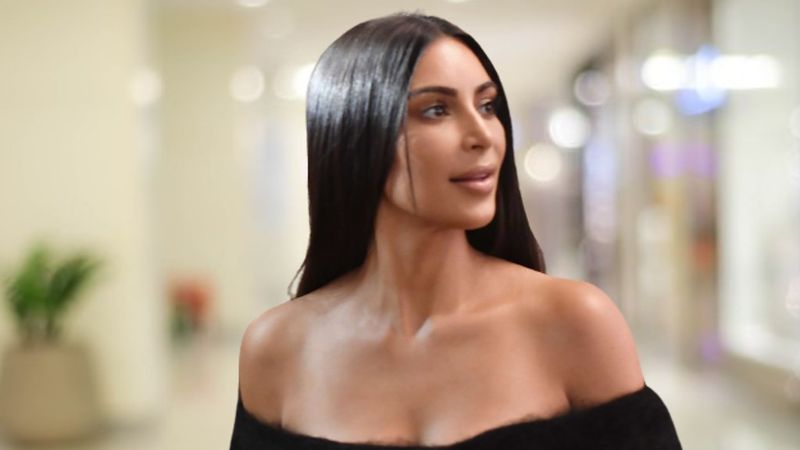
From reality TV fame to business mogul, Kim Kardashian transformed the shapewear industry with SKIMS in 2019. Her brand addresses body inclusivity with sizes XXS-5X and multiple skin tones, filling a market gap other brands missed.
SKIMS rapidly expanded beyond shapewear into loungewear, swimwear, and men’s basics, valued at over $3 billion by 2022. Not stopping there, she launched high-end skincare line SKKN BY KIM, focusing on premium ingredients and minimalist packaging.
Her marketing genius leverages both traditional advertising and her massive social media presence. With her personal brand and business acumen, Kardashian achieved billionaire status primarily through her entrepreneurial ventures rather than entertainment.
2. Jay-Z’s Business Blueprint
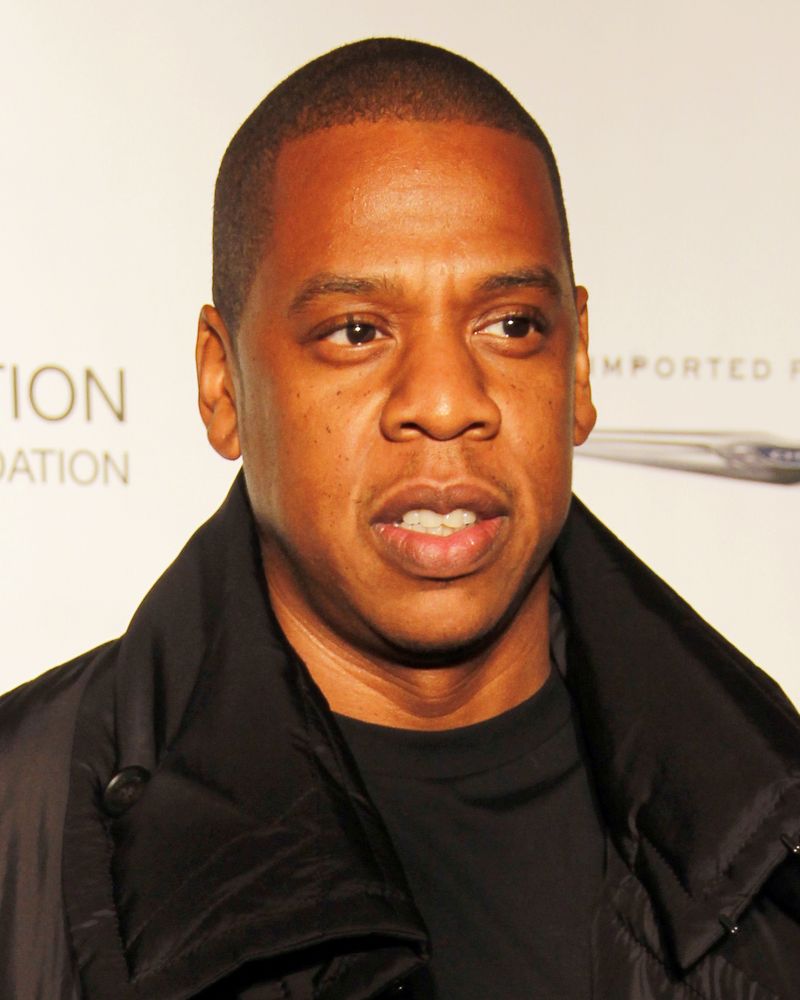
Born Shawn Carter in Brooklyn’s Marcy Projects, Jay-Z built a business portfolio as impressive as his rap career. Starting with Rocawear clothing in the late 1990s, he created a blueprint for hip-hop entrepreneurs.
His diverse empire now includes entertainment company Roc Nation, streaming service Tidal, and luxury alcohol brands Armand de Brignac champagne and D’Ussé cognac. What sets Jay-Z apart is his strategy of ownership rather than endorsement, ensuring he builds equity rather than just collecting paychecks.
His business philosophy centers on cultural authenticity and long-term value creation. With a net worth exceeding $2.5 billion, Jay-Z represents one of music’s greatest rags-to-riches stories through entrepreneurial vision.
3. Ryan Reynolds’ Marketing Magic
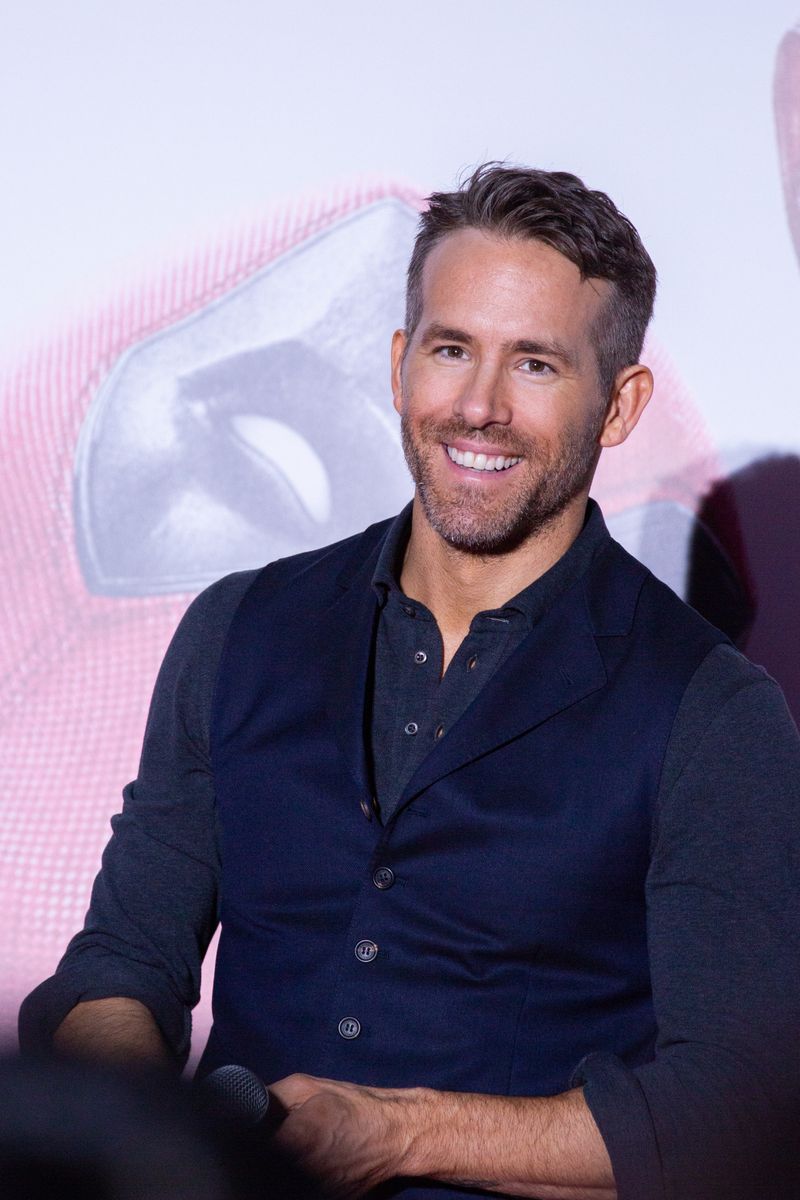
The Deadpool star brings his trademark wit to business, turning Aviation Gin from an unknown brand into a sensation through clever, viral marketing. His hands-on approach paid off when Diageo purchased the brand for up to $610 million in 2020.
Reynolds didn’t stop there. He acquired an ownership stake in budget wireless carrier Mint Mobile, applying the same marketing genius before selling it to T-Mobile for $1.35 billion. Along with actor Rob McElhenney, he purchased Welsh football club Wrexham AFC, turning the underdog team’s journey into a hit documentary series.
His company Maximum Effort creates ads that feel like entertainment rather than commercials. Reynolds proves that personality-driven marketing combined with genuine product involvement creates winning business formulas.
4. LeBron James’ Off-Court Empire
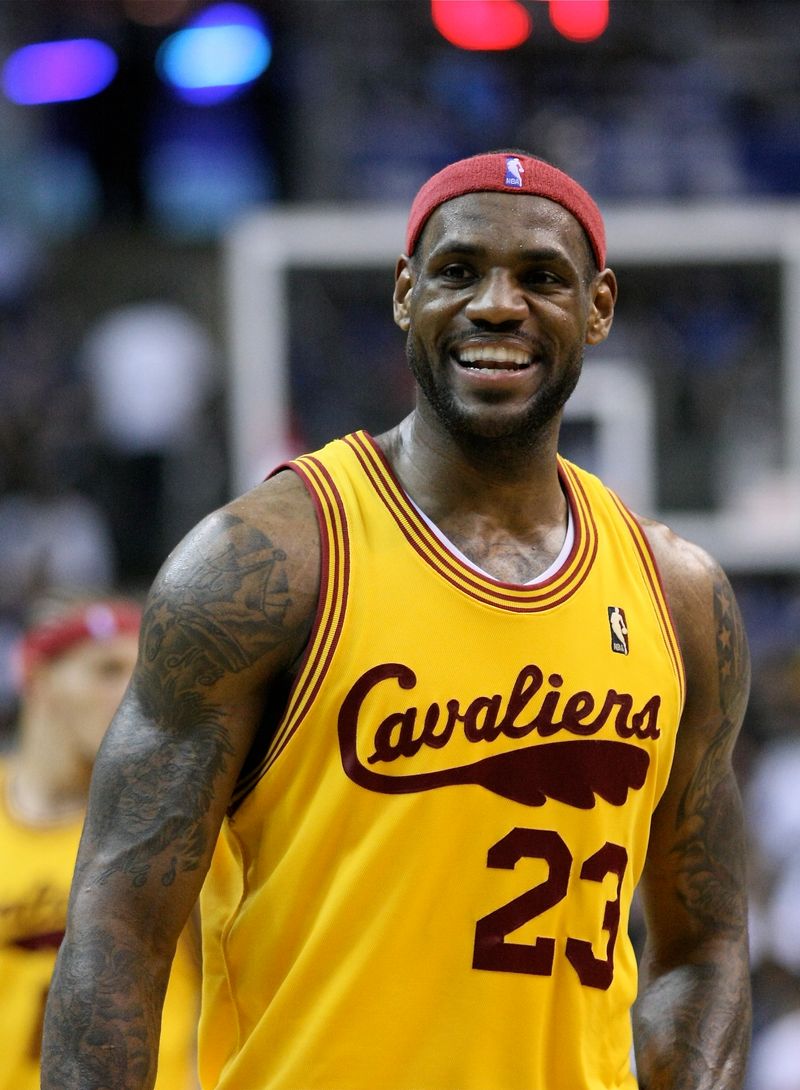
The basketball legend has built a business portfolio as impressive as his athletic achievements. James made a savvy early investment in Blaze Pizza, turning $1 million into $25 million while helping the chain become the fastest-growing restaurant in US history.
His media company SpringHill Entertainment produces films, documentaries, and television shows highlighting diverse voices and social issues. Named after the apartment complex where he grew up, it reflects his commitment to creating opportunities for underrepresented communities.
James also owns stakes in Liverpool FC and Fenway Sports Group. His business approach combines smart financial decisions with authentic personal values, making him one of sports’ most successful entrepreneur-athletes with a net worth exceeding $1 billion.
5. Oprah Winfrey’s Media Mastery
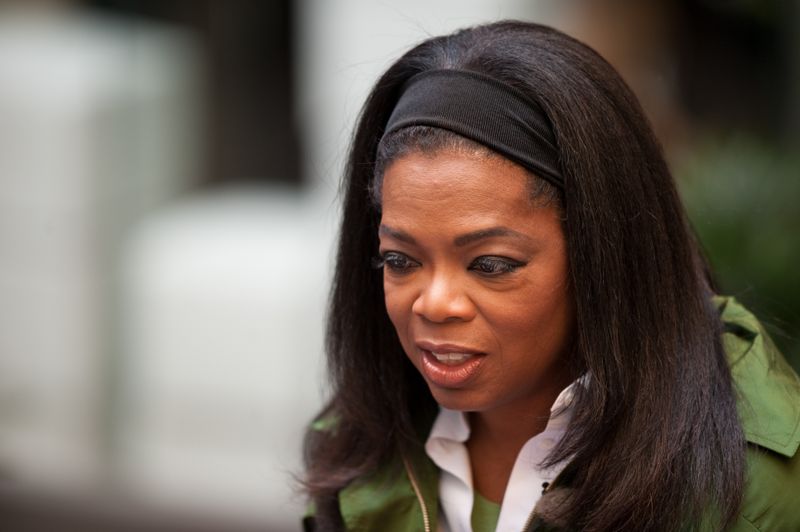
From talk show host to media tycoon, Winfrey pioneered the concept of celebrity entrepreneurs. She founded Harpo Productions in 1986, becoming one of the first Black women to own a major studio and maintaining ownership of her content—a revolutionary move at the time.
The Oprah Winfrey Network (OWN) launched in 2011, creating a media platform centered on inspirational content. Her business instincts shined when she acquired a 10% stake in Weight Watchers in 2015 for $43 million, which later grew to be worth over $400 million.
Winfrey’s “touch” extends to books, podcasts, and wellness products. Her empire stands out for its authentic connection to her personal brand of inspiration, self-improvement, and emotional honesty—values that resonate deeply with her loyal audience.
6. Kylie Jenner’s Cosmetics Revolution
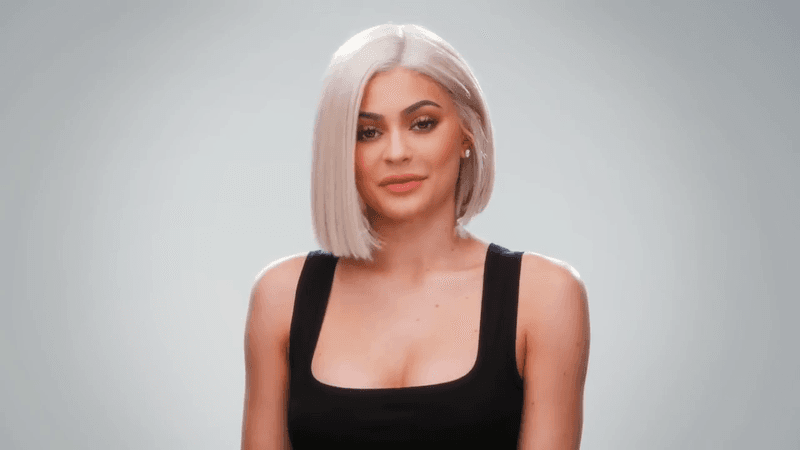
At just 17, Kylie Jenner leveraged her social media influence to launch Kylie Lip Kits, which sold out in minutes. This initial success transformed into Kylie Cosmetics, demonstrating the power of direct-to-consumer marketing through Instagram and Snapchat.
Her business model revolutionized celebrity brands by using minimal overhead and maximum social reach. In 2019, she sold a 51% stake to Coty for $600 million, valuing the company at $1.2 billion while maintaining creative control.
Expanding into Kylie Skin and Kylie Baby, Jenner proved young entrepreneurs could disrupt established industries. Her success came from understanding her generation’s shopping habits and creating artificial scarcity through limited drops—business strategies now widely copied across the beauty industry.
7. Rihanna’s Beauty Revolution
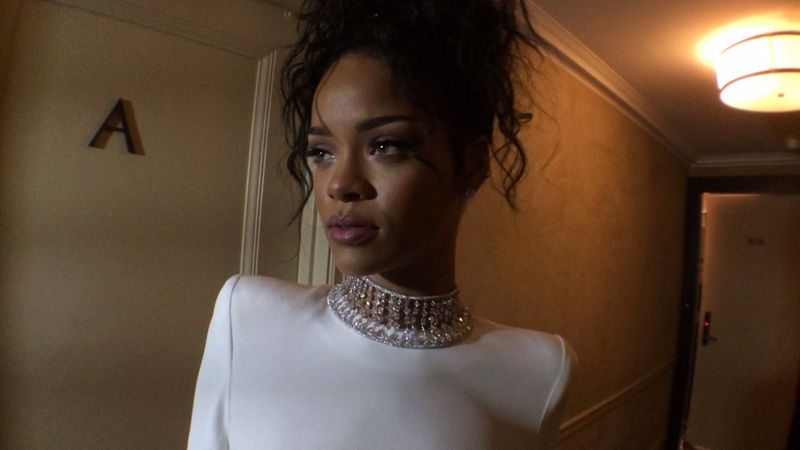
The Barbadian superstar shattered industry norms when she launched Fenty Beauty in 2017 with its groundbreaking 40 foundation shades. Her inclusive approach addressed a massive gap in the cosmetics market.
Building on this success, Rihanna expanded into Fenty Skin and Savage X Fenty lingerie, creating a multi-billion-dollar empire celebrated for body positivity and diversity. Unlike many celebrity brands, Rihanna maintains creative control and ensures her products reflect her values.
Her business acumen earned her billionaire status in 2021, making her one of the wealthiest female musicians globally—with most of her fortune coming not from music but from her entrepreneurial ventures.
8. Jessica Alba’s Honest Approach
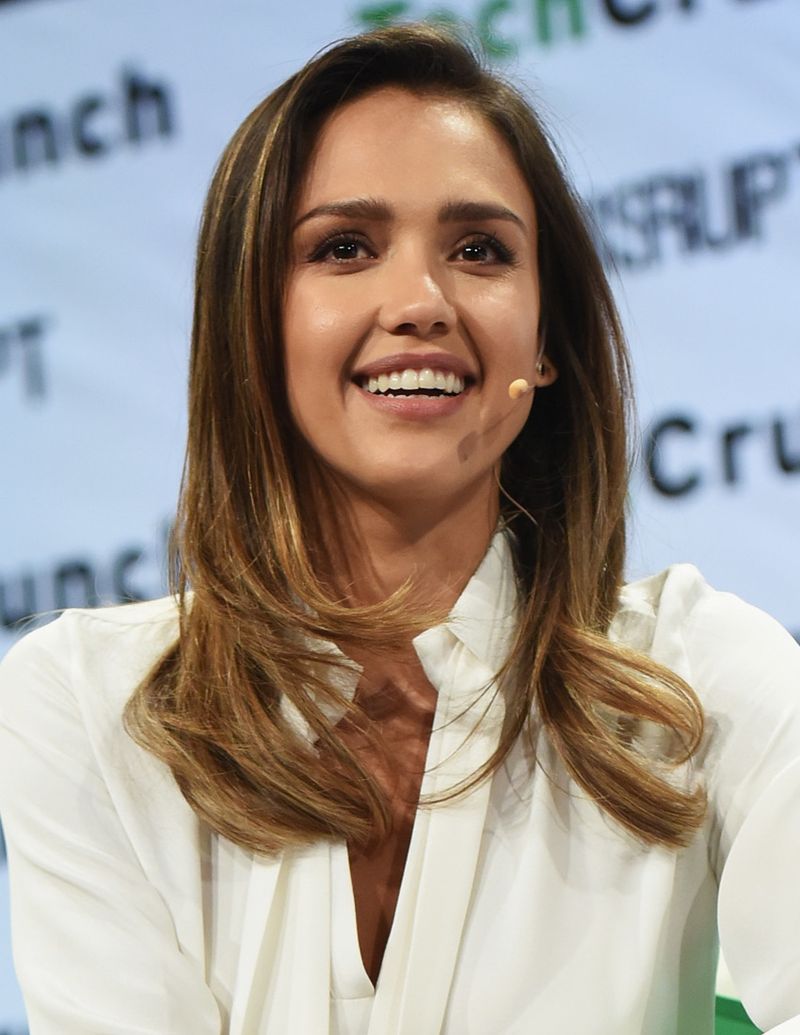
When Jessica Alba couldn’t find baby products she trusted for her newborn daughter, she created them herself. Co-founding The Honest Company in 2011, Alba identified a market gap for non-toxic household and baby products when “clean” wasn’t yet mainstream.
Her company faced initial skepticism from investors who saw her as just another celebrity with a vanity project. Alba proved them wrong by building a legitimate business addressing real consumer concerns about product safety and transparency.
Taking the company public in 2021 with a $1.4 billion valuation, Alba demonstrated how personal passion can drive business success. As Chief Creative Officer, she remains involved in product development and brand strategy, showing her entrepreneurial role goes far beyond just lending her name.
9. Reese Witherspoon’s Storytelling Success
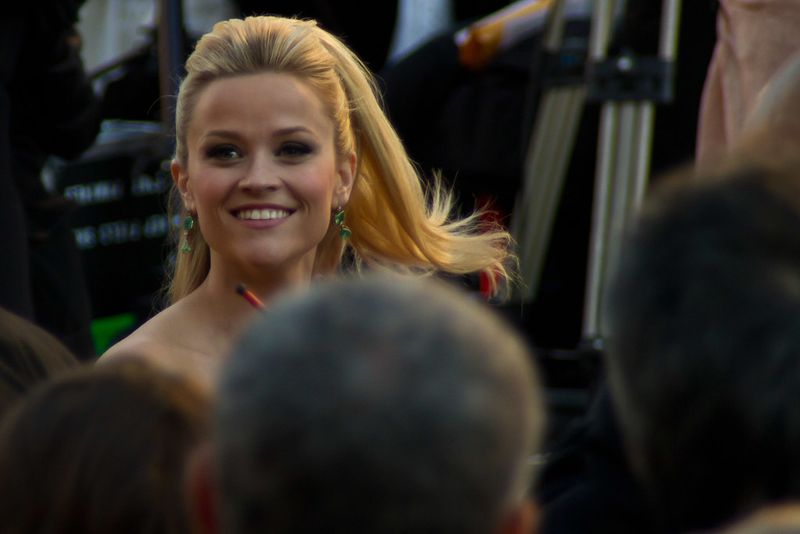
Frustrated by Hollywood’s limited roles for women, Reese Witherspoon founded production company Hello Sunshine to tell female-centered stories. Her company produced hits like “Big Little Lies” and “Little Fires Everywhere” before selling to Blackstone for $900 million in 2021.
Witherspoon’s Reese’s Book Club turned literary recommendations into a powerful business platform, launching authors to bestseller status overnight. Her Southern-inspired fashion brand Draper James connects with fans through authentic regional appeal and accessible price points.
Unlike many celebrity businesses, Witherspoon’s ventures address systemic industry problems she experienced firsthand. Her empire demonstrates how identifying market gaps—in this case, women’s stories and perspectives—can create tremendous business opportunities while driving meaningful cultural change.
10. Dr. Dre’s Beats Empire
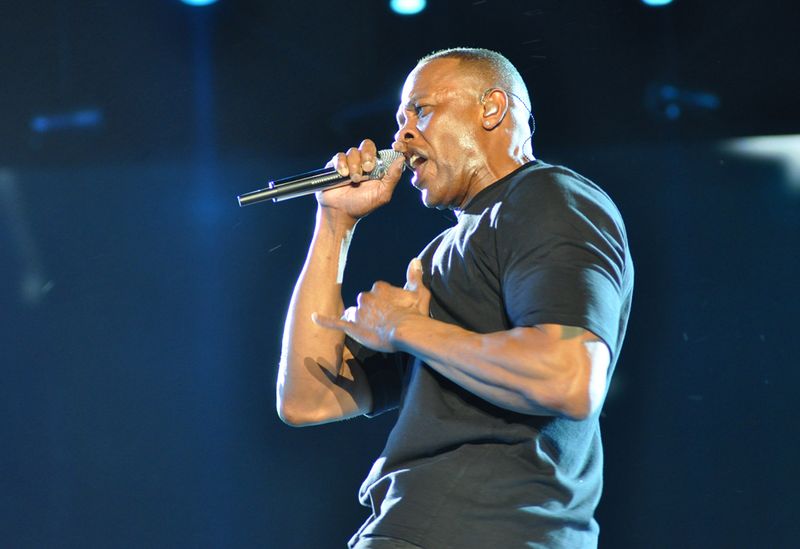
Hip-hop pioneer Dr. Dre transformed the audio industry when he co-founded Beats Electronics with Jimmy Iovine in 2006. Identifying a market opportunity in the wake of Apple’s white earbuds phenomenon, they created premium headphones that emphasized bass-heavy sound and fashion-forward design.
Beats brilliantly positioned itself through strategic celebrity partnerships and product placement, making the headphones status symbols as much as audio devices. The marketing genius paid off when Apple acquired Beats for $3 billion in 2014—the largest acquisition in Apple’s history at that time.
Dre’s business success extended beyond hardware to Beats Music, which evolved into Apple Music. His entrepreneurial journey shows how authentic expertise (his renowned ear for sound) combined with cultural credibility creates brands with lasting impact and extraordinary value.
11. Gwyneth Paltrow’s Goop Growth
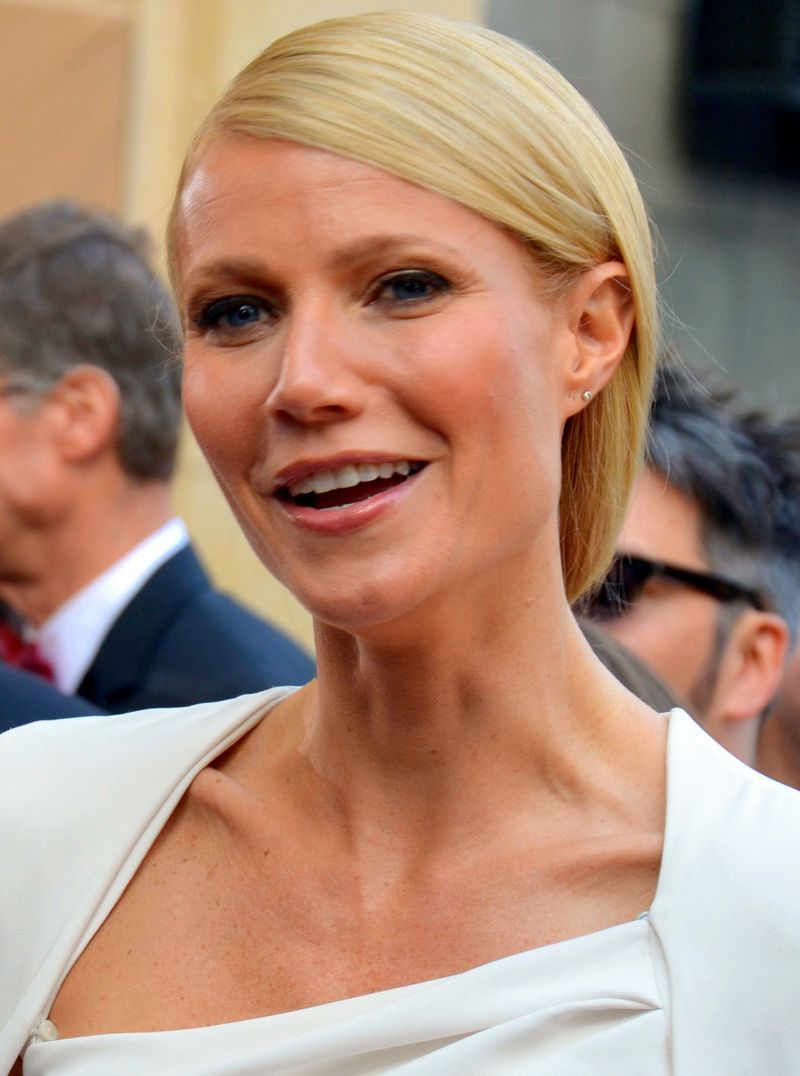
Academy Award-winner Gwyneth Paltrow launched Goop in 2008 as a simple weekly newsletter sharing recipes and travel recommendations. What began as a personal project from her kitchen table evolved into a wellness and lifestyle brand valued at over $250 million.
Goop pioneered the celebrity-as-curator model, blending content, commerce, and community before this approach became standard. The company now encompasses skincare, supplements, fashion, home goods, and even controversial wellness products that generate both criticism and fierce customer loyalty.
Despite facing skepticism about some product claims, Paltrow created a powerful direct-to-consumer platform. Her business demonstrates how celebrities can transform personal passion projects into substantial enterprises by developing authentic voices that resonate with specific audience segments seeking aspirational lifestyle guidance.
12. Ashton Kutcher’s Tech Investments
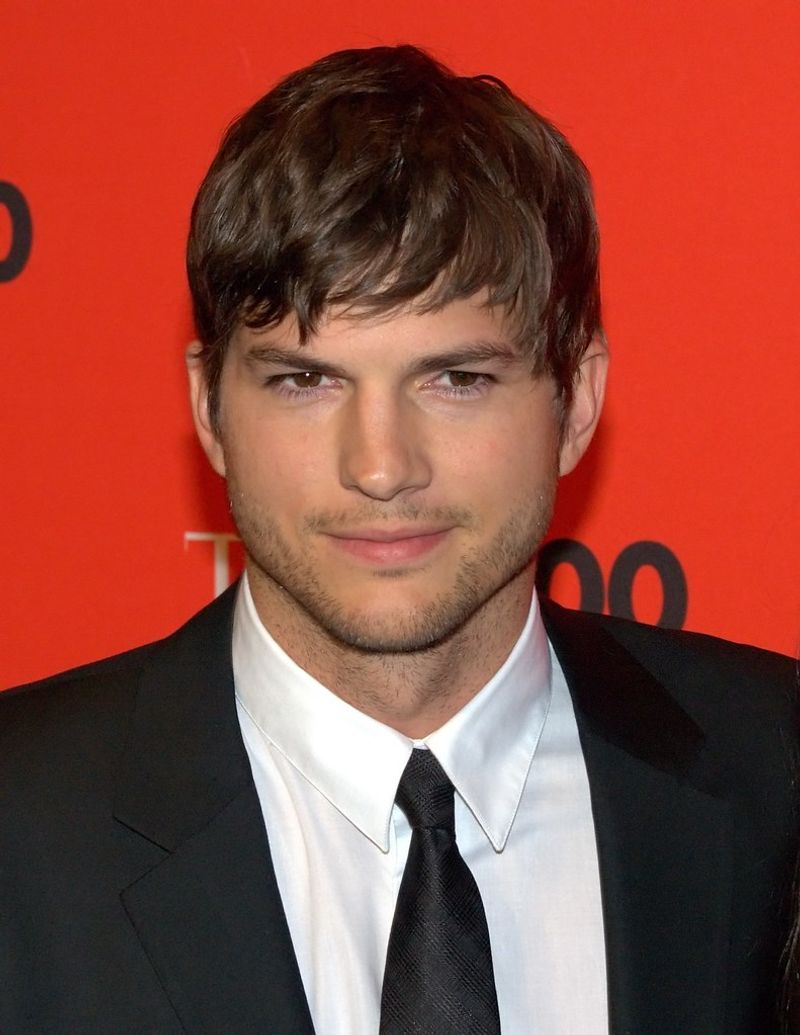
The “That ’70s Show” actor transformed from Hollywood heartthrob to serious tech investor, co-founding venture capital firms A-Grade Investments and later Sound Ventures. Kutcher’s early investments in Uber, Airbnb, Spotify, and dozens of other startups have generated returns exceeding 850%.
Unlike many celebrity investors who simply provide capital, Kutcher developed genuine tech expertise and actively participates in investment decisions. His background in engineering studies before his acting career gave him unique perspective on evaluating technologies.
Kutcher’s investment approach focuses on companies solving real problems and enhancing everyday life. His transition from entertainment to tech investing demonstrates how celebrities can leverage their networks and resources to build entirely new careers while generating wealth through strategic early-stage investments rather than traditional celebrity endorsements.
13. Serena Williams’ Venture Victories
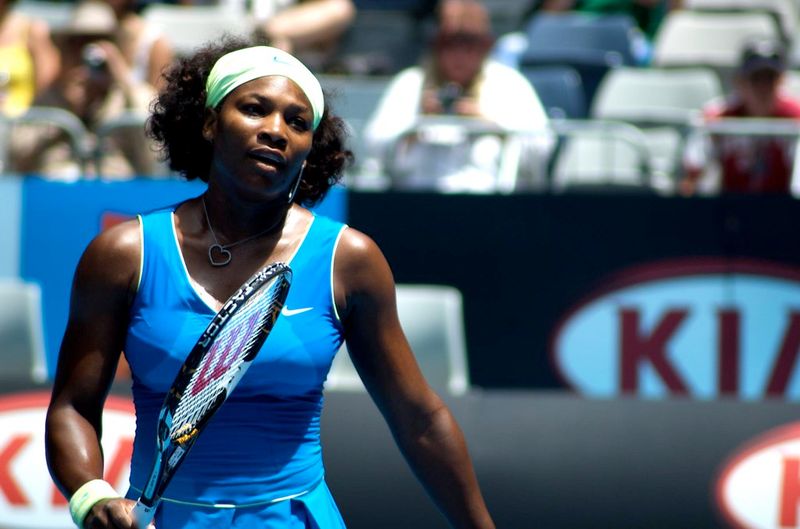
Tennis legend Serena Williams quietly built an investment portfolio long before retiring from professional sports. Founding Serena Ventures in 2014, she focuses on funding companies led by women and people of color who receive less than 2% of venture capital funding.
Her portfolio includes over 60 companies, with early investments in MasterClass, Daily Harvest, and Impossible Foods. Williams brings unique perspective as both an elite athlete and a woman of color, identifying opportunities others miss.
Beyond investing, Williams created the S by Serena fashion line and wellness brand Will Perform. Her entrepreneurial approach stands out for addressing systemic funding gaps while building businesses aligned with her personal experiences. Williams demonstrates how athletes can leverage their discipline, competitive instincts, and global networks to succeed in business.
14. George Clooney’s Tequila Triumph
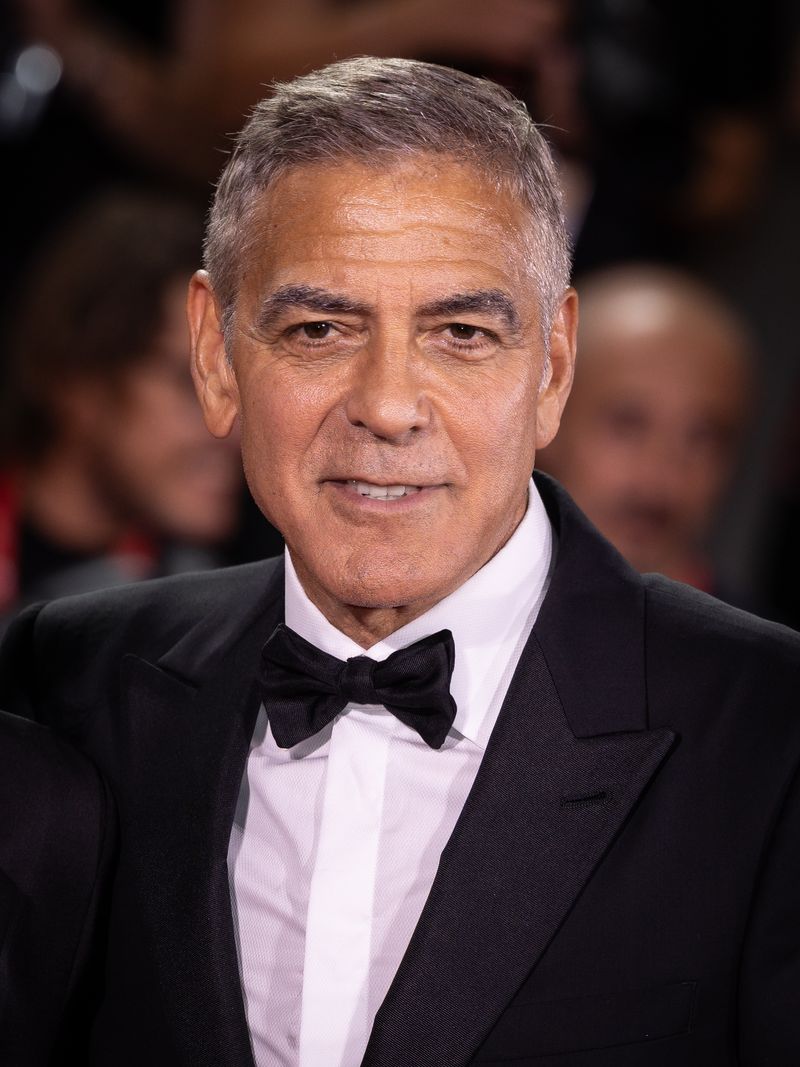
When George Clooney and friend Rande Gerber wanted better tequila for their Mexican vacation homes, they created their own. What began as a private label for friends in 2013 became Casamigos Tequila, crafted for smooth taste without the typical tequila burn.
Unlike celebrity-endorsed spirits, Clooney and his partners were deeply involved in development, taste-testing hundreds of samples. Their hands-on approach paid off spectacularly when Diageo purchased Casamigos for $1 billion in 2017—just four years after its public launch.
The business success came from authentic origins and organic growth rather than heavy marketing. Clooney’s tequila venture shows how celebrity businesses work best when they solve genuine problems, maintain quality standards, and grow naturally from the founder’s lifestyle rather than feeling like calculated brand extensions.
15. Beyoncé’s Business Brilliance
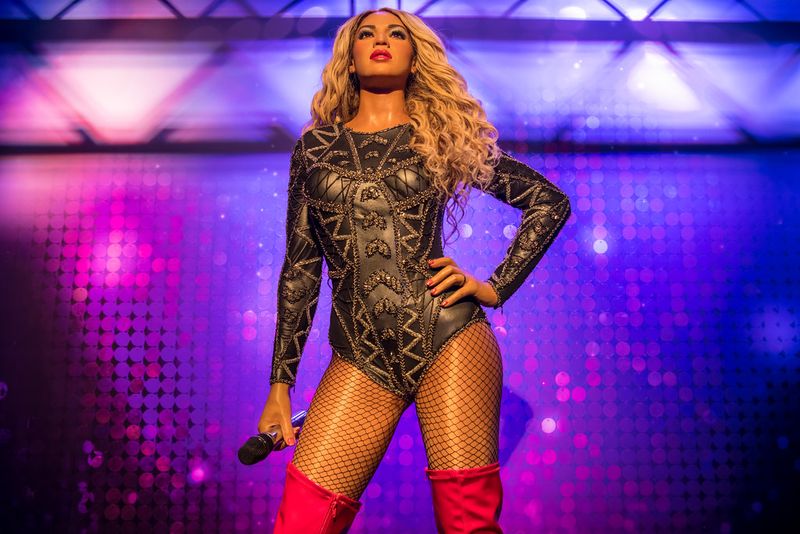
Beyoncé redefined music industry norms by establishing Parkwood Entertainment in 2010, a company encompassing music production, management, and publishing. This move gave her unprecedented creative control and ownership of her work—a revolutionary step for artists.
Her athleisure line Ivy Park, initially partnered with Topshop and later with Adidas, disrupted fashion by emphasizing inclusivity and performance. Beyoncé also made strategic investments in wellness companies like WTRMLN WTR and plant-based meal service 22 Days Nutrition.
Her Renaissance World Tour generated over $579 million, demonstrating her business acumen extends to live entertainment. What distinguishes Beyoncé’s empire is her commitment to maintaining artistic integrity while building commercial success—creating a blueprint for artists seeking both creative freedom and business ownership.
16. Dwayne Johnson’s Strength in Business
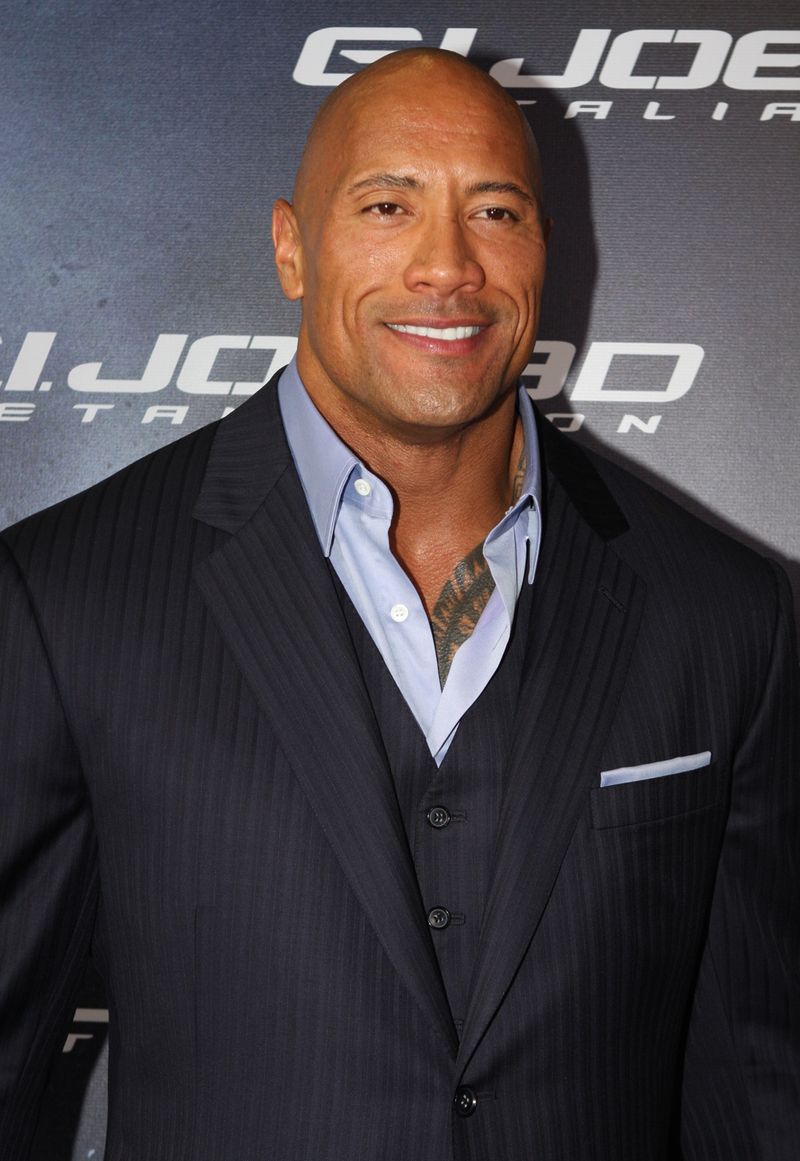
From wrestling superstar to highest-paid actor, Dwayne “The Rock” Johnson built a business empire as powerful as his on-screen persona. His tequila brand Teremana launched in 2020 and broke records by selling 300,000 nine-liter cases in its first year—unprecedented for a celebrity spirit.
Johnson’s partnership with Under Armour created Project Rock, a fitness apparel and footwear line that consistently sells out new releases. His production company Seven Bucks Productions, named after the amount of money in his pocket when he was cut from the Canadian Football League, now creates major Hollywood blockbusters.
Johnson’s business success stems from authentic connection to his personal journey and values of hard work, fitness, and perseverance. His social media mastery allows direct communication with fans, creating a loyal customer base for his growing portfolio of brands.
17. Taylor Swift’s Music Brilliance
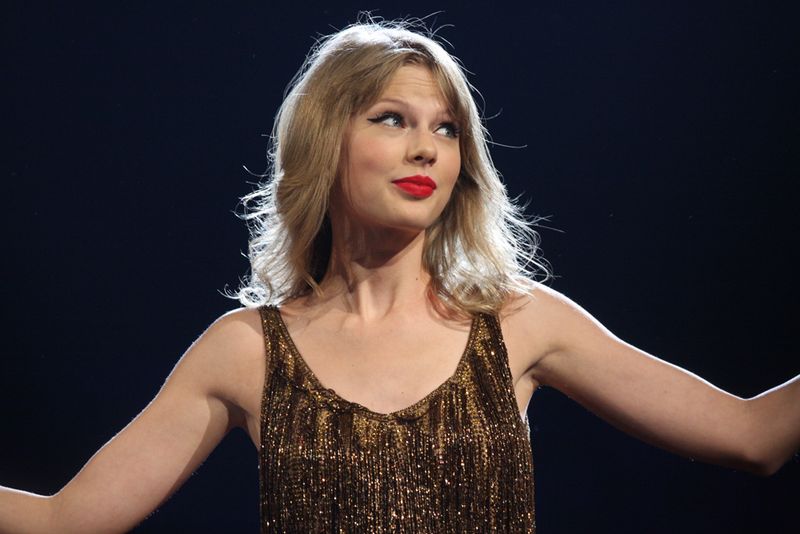
When Taylor Swift lost control of her master recordings, she turned business setback into triumph by re-recording her first six albums as “Taylor’s Version.” This unprecedented move reclaimed her artistic legacy while creating entirely new assets she fully owns.
Swift’s business savvy extends to touring, where her Eras Tour became the first to gross over $1 billion. Her strategic partnerships, merchandise strategy, and ticket pricing demonstrate sophisticated understanding of her market value.
Unlike many celebrities who license their names, Swift maintains tight control of her brand through dozens of trademarks. Her careful business decisions, from removing music from Spotify until fair compensation to crafting unique album release strategies, reveal an entrepreneur who understands both artistic integrity and commercial power—a rare combination that’s made her one of music’s wealthiest self-made women.
18. Priyanka Chopra Jonas’ Global Ventures
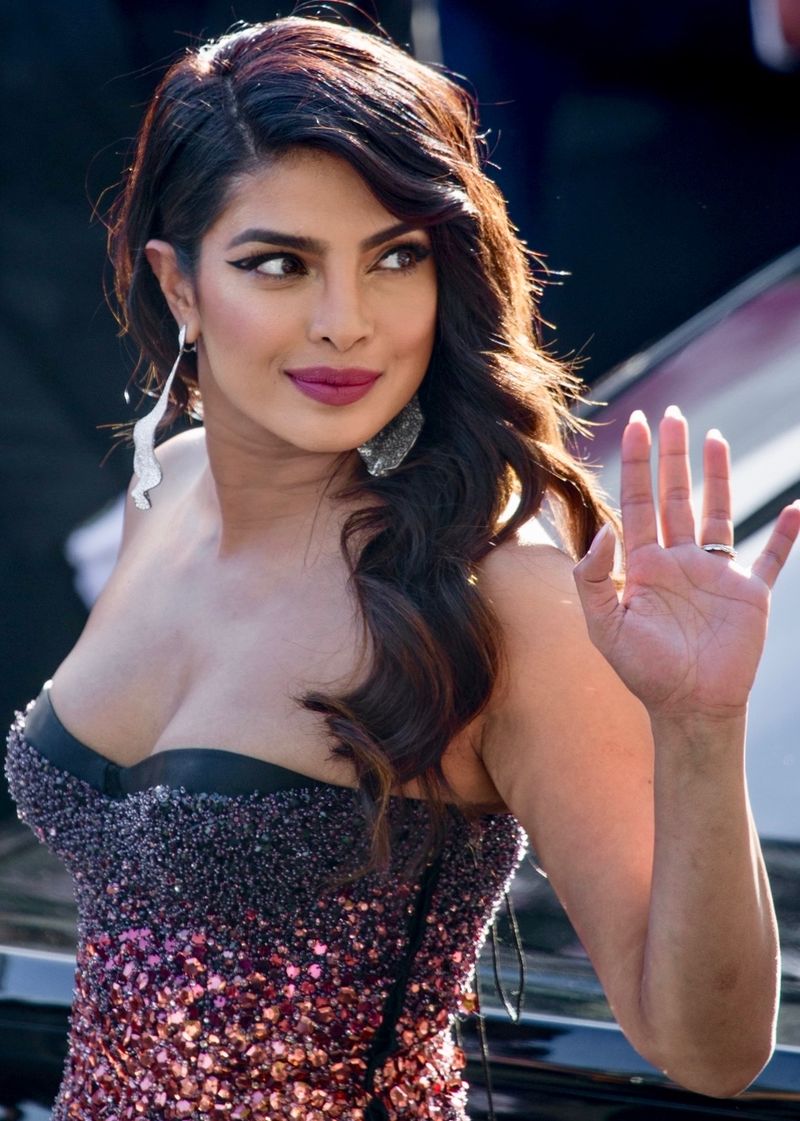
Bridging Hollywood and Bollywood, Priyanka Chopra Jonas built a diverse business portfolio spanning continents and industries. Her production company Purple Pebble Pictures champions regional Indian cinema and provides opportunities for emerging filmmakers, addressing representation gaps she experienced firsthand.
Chopra Jonas entered the beauty space with Anomaly Haircare, focusing on sustainable packaging and affordable luxury—products are priced under $12 yet use high-quality ingredients. Her New York restaurant Sona brings elevated Indian cuisine to Manhattan, creating a cultural bridge through food.
Her investments in dating app Bumble and coding education company Holberton School reveal a pattern of supporting technology that connects people. Chopra Jonas’ global approach to business reflects her international career, creating enterprises that transcend geographical and cultural boundaries while maintaining authentic connections to her heritage.
19. Selena Gomez’s Beauty With Purpose
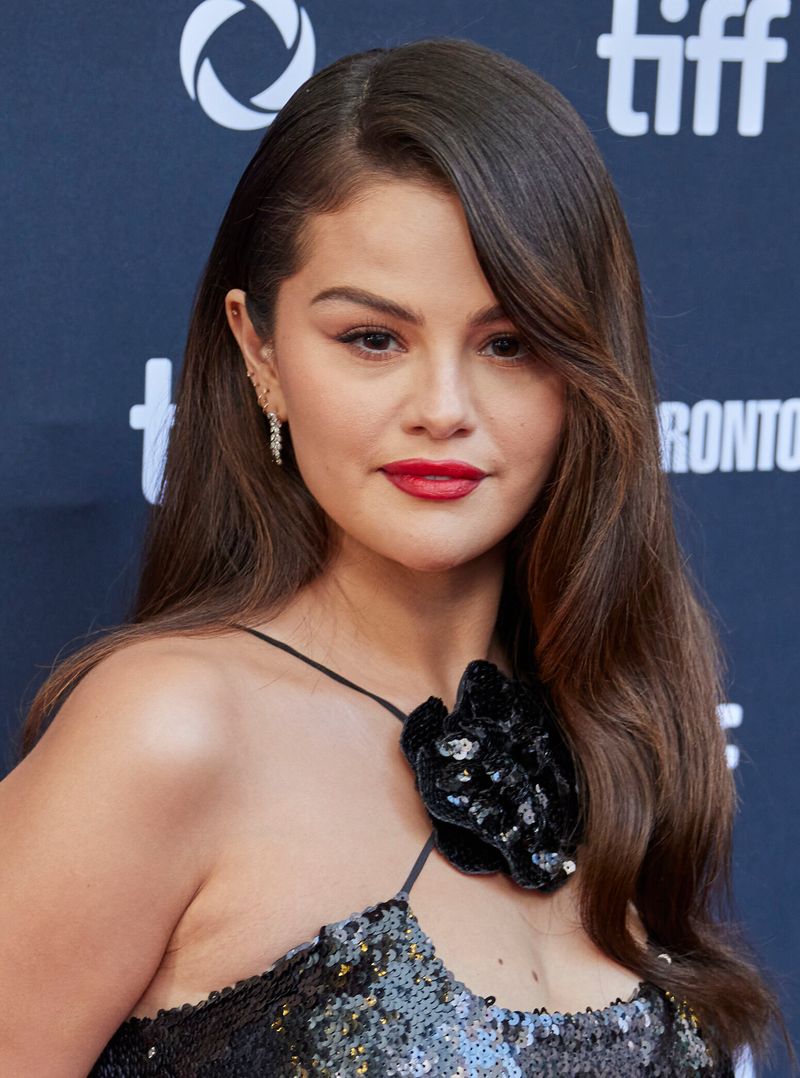
Facing public scrutiny about her appearance while battling lupus and mental health challenges, Selena Gomez created Rare Beauty with a refreshing approach to makeup. Launched in 2020, the brand emphasizes self-acceptance rather than perfection, directly countering beauty industry norms.
Gomez committed 1% of all sales to the Rare Impact Fund, pledging to raise $100 million for mental health services. This social enterprise model resonated with Gen Z and Millennial consumers seeking brands with authentic purpose.
Beyond beauty, Gomez co-owns Wondermind, a mental health platform, and Serendipity ice cream. Her business ventures stand out for addressing personal challenges she’s faced publicly—turning vulnerability into business strength by creating products that solve problems she understands intimately, rather than simply leveraging her name for profit.
20. Drake’s OVO Expansion
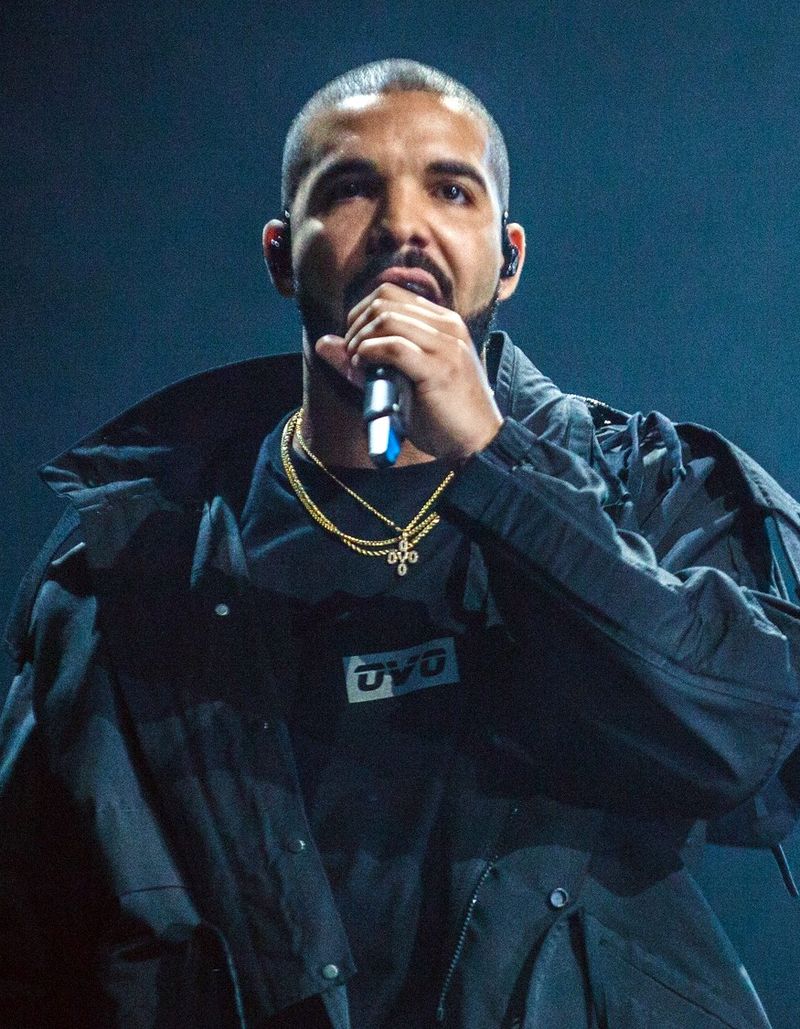
Starting with a simple owl logo representing his crew, Drake transformed October’s Very Own (OVO) from a blog into a lifestyle empire. The clothing line began with simple hoodies and has expanded into a global streetwear brand with flagship stores in major cities worldwide.
Drake’s business portfolio diversified into OVO Sound record label, Virginia Black whiskey, More Life Growth cannabis company, and production company DreamCrew. His investment in esports organization 100 Thieves shows his understanding of emerging entertainment platforms.
Unlike many celebrity brands that quickly fade, OVO maintained exclusivity through limited drops and minimal advertising. Drake’s business approach emphasizes organic growth through cultural relevance rather than aggressive marketing—allowing his brands to develop authentic connections with consumers who share his aesthetic sensibilities and lifestyle aspirations.

Comments
Loading…